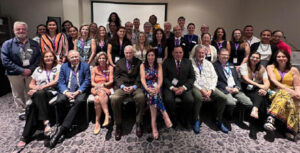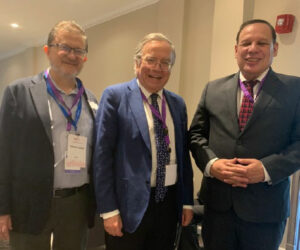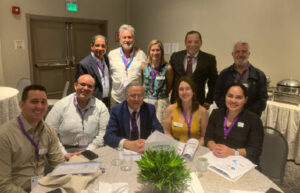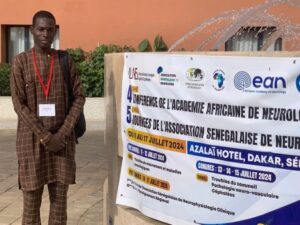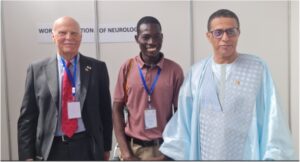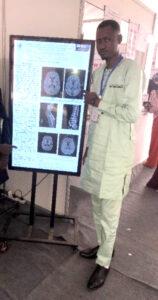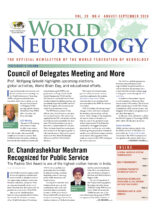The activities of the International Danube Neurology Symposium for Neurological Sciences and continuing education.
By Prof. László Vécsei
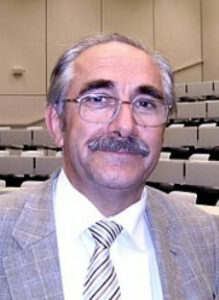
László Vécsei
The Symposium for Multiple Sclerosis (SMS), under the auspices of the International Danube Neurology Symposium for Neurological Sciences, has organized an international survey related to the Multiple Sclerosis (MS) Registry in different countries. It includes approximately 107 million people.
The findings from the international data have been published in the January 2023 edition of Multiple Sclerosis and Related Disorders. Furthermore, the Hungarian data is available in PLoS One. (See the abstract “Real-World Operation of Multiple Sclerosis Centers in Central-Eastern European Countries Covering 107 Million Inhabitants.”
We are currently working on two more MS surveys about neuroimaging and special molecular biomarkers in the cerebrospinal fluid.
In the future, we plan to organize similar research surveys related to other neurological disorders, such as migraine and extrapyramidal diseases.
In recent years, we have established the Danube Neuroscience Research Laboratory network. Under its auspices, we focus on the pathomechanisms of neurological disorders in in vitro experiments, animal research, and clinical studies. In doing so, we aim to create a collaboration between different research activities.
We also publish the Danube Neurology Newsletter. It contains summaries of the present and future activities of the Danube Symposium, important news (for example WFN news, international neurology news, and national neurological activities), and reports or advertisements about international congresses. •
Prof. László Vécsei is general secretary of the International Danube Neurology Association of Central and East Europe, and head of the Neuroscience Research Group in the department of neurology at the University of Szeged Faculty of Medicine in Szeged, Hungary.
